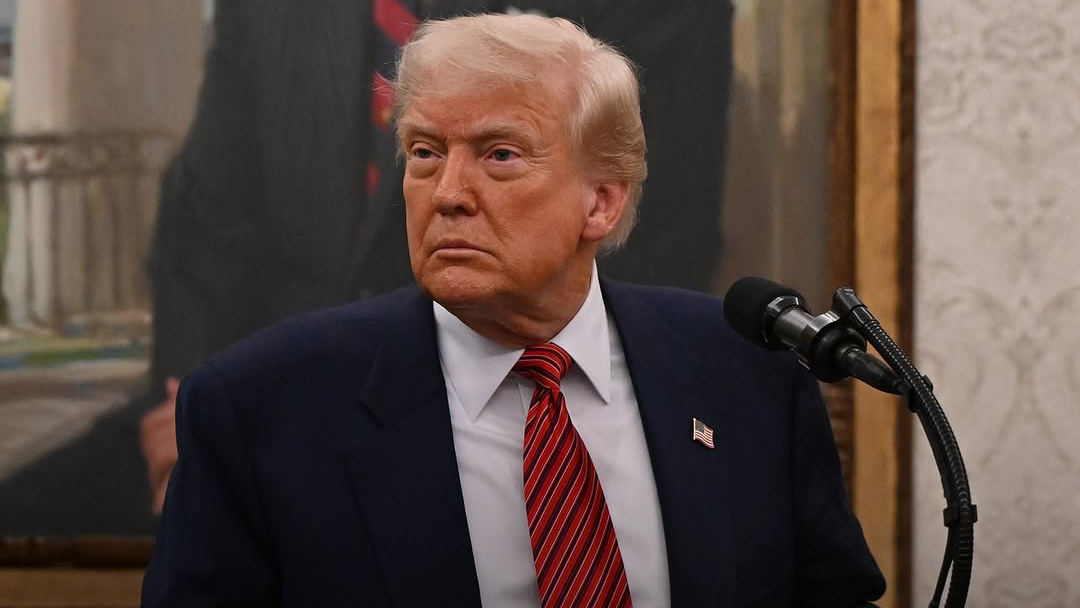Senate Minority Leader Chuck Schumer has threatened a complaint to the Federal Communications Commission over 60 Minutes’ recent sit-down with Donald Trump, raising fresh legal and financial risks for broadcaster CBS News and its parent Paramount Global as the broadcaster balances journalistic credibility and regulatory exposure.
Trump Interview Sparks Regulatory Headache for CBS
Last Sunday, Donald Trump returned to the spotlight on Les Moonves’s venerable news programme 60 Minutes, his first appearance since 2020. Whilst the thirty-minute broadcast offered the show-business spectacle many expected, it has produced a new storm: Senate Minority Leader Chuck Schumer posted on X that he “might file a complaint with the FCC” against the Trump White House for editing the interview in “the exact same language” Trump used in his previous claim against CBS.
CBS and its parent, Paramount Global, are already familiar with such challenges: earlier this year, they agreed to a US $16 million settlement to resolve a lawsuit from Trump alleging deceptive editing of a 2024 60 Minutes interview with then-Vice-President Kamala Harris.
With the network again implicated this time at the suggestion of Schumer the broadcaster faces more than a reputational stain: possible regulatory scrutiny, legal exposure, and consequential financial cost.
The Legal Landscape: More Than Just Words
The previous case saw Trump accuse CBS of “news distortion” under a Texas Deceptive Trade Practices Act claim. Paramount argued the suit was “without merit” and an affront to the First Amendment. Meanwhile, the FCC under Chair Brendan Carr reopened a regulatory review of the network’s editing practices, tying the dispute to its $8.4 billion merger push with Skydance Media.
Now Schumer’s threat injects fresh complexity. A complaint to the FCC could open a regulatory inquiry into editorial controls at CBS and expose the company to oversight or changes in licensing conditions. The message to other broadcast organisations is clear: when politics and business collide, the regulator may become proxy.
As former FCC Chair Tom Wheeler recently put it: “The settlement shows Trump has weaponised the agency.”
The Financial Stakes for CBS & Paramount
For CEOs and board-rooms, this isn’t a side-show—it’s a board-level risk. Paramount’s previous settlement of US $16 million was a blunt cost, made in the context of the merger. Added to that: internal churn at CBS News, including the resignation of its president, signals deeper cost than headline numbers. The Guardian
Looking ahead, the potential costs include:
-
Legal defence costs: mounting fees to manage lawsuits and regulatory responses.
-
Regulatory risk: altered licensing conditions, oversight commitments, or delays for merger processes.
-
Brand risk: erosion of public trust which can hit ad revenue, audience numbers, subscription models.
-
Talent/attrition risk: journalists or producers may exit if they feel editorial independence is compromised.
According to analysis reviewed by CEO Today, the convergence of legal, regulatory and reputational elements places media firms like CBS at the intersection of business strategy and public policy—any misstep could cost far more than settlement dollars.
Why This Story Matters to CEOs—Beyond Media
Even if you don’t run a broadcast giant, the implications are instructive:
-
Regulatory entanglement can arise via subsidiary actions. Large firms must maintain oversight of brand, edits, external-facing content.
-
Public-policy risk equates to financial risk. A parody website or editing decision may lead to costly manoeuvres by regulators or politicians.
-
Transparency matters. The settlement required CBS to publish full transcripts for future candidate interviews—an example of operational change as a condition of settlement. CBS News+1
-
M&A processes magnify risk. When major deals are pending (as with Paramount-Skydance), litigation or regulatory issues can delay or derail strategy.
As one media-law professor put it: “When a litigation risk becomes a regulatory risk, the cost calculus changes from just dollars to rights and reputation.”
What Happens Next
For Schumer’s threat to bear fruit, he must actually file a complaint with the FCC; the commission may decide whether to initiate a formal investigation. CBS/Paramount will need to decide whether it pushes back publicly (with attendant brand risk) or seeks to settle. Meanwhile, the wider media ecosystem watches closely: will this dampen latent editorial risk-taking at news organisations?
One thing is clear: undervaluing editorial and regulatory governance is no longer a niche risk. For any CEO, the lesson is unequivocal: in a politicised environment, media exposure is a business-risk exposure.














